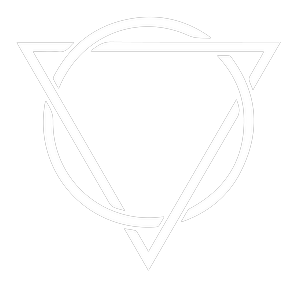As a Westerner, we've just returned from a trip to the East. To Tokyo, in Japan to be exact. A mega city which is headed toward cyberpunk that has an incredibly efficient train system and toilets that can wash your tenders for you.
One of the best things we can do in our lives is to, on occasion, get out of our routines that establish recurring patterns, to see how things can be done differently. Travel experience, or experience interacting with others from other cultures are some very effective ways to do this. In order to see what things in your personal routine (otherwise called patterns) are working well, or which ones can be improved, by seeing the ways other individuals or cultures do things which may differ.
We are an American and we like America very much. South and North. The United States being one part of that combination of countries from two continents. And we'll never forget the time we first got to a hotel room in Australia, working there briefly on a project, and we couldn't figure out how to turn the lights on in the hotel room. We realized that we needed to put our hotel room key card into a slot by the entrance door to the room to prove to the room that you are there and then the lights can turn on. Which is an obvious way of saving energy by not letting occupants leave their lights on unnecessarily when out and about. And upon returning home to any major city in the US we would then see quite a few high rise buildings that have entire floors of their lights left on unnecessarily all night when no one is up there working. An obvious waste of resources (including money) because at that time this feature wasn't a thing in the US, but we have now seen it be adapted here, surely influenced by its initial uses overseas.
Pattern breaks refer to intentional disruptions or changes in habitual thought patterns, behaviors, or routines. They are often used in various contexts such as therapy, intellectual development, persuasion, and communication to interrupt automatic responses and encourage new perspectives or behaviors. Therapists are essentially professional negative pattern identifiers and breakers. Who help clients interrupt negative thought patterns or emotional cycles or break destructive or unproductive behavioral patterns. This can involve surprising actions or questions that disrupt the patient/client/student’s usual mental patterns, prompting them to think differently. Such as someone trying to quit smoking who is required to change their routine drastically to avoid triggers. Anyone speaking in front of an audience for an extended period whose not making it a snore fest will also use pattern breaks to capture attention or change the direction of a conversation. This could involve unexpected pauses, changes in tone, or asking unexpected questions.
One crucial element to truly evolving and improving oneself, and this gets into more esoteric psychology, is becoming conscious of things you had not previously been conscious of. This is why it's important to have good teachers in life. At various levels and various times. Because when you are not conscious of something, you have no idea what you're missing. And once an outside source helps show you that, and you are willing to listen to it, and or see it, and become conscious of it, you have leveled up in the school of life. But you need outer teachers (and sometimes inner teachers from something like a meditation for example) in order to do that. By breaking away from what have become conventional thinking patterns (at both individual and societal levels), solutions arise that wouldn't otherwise arise from preset standard approaches. So pattern breaks are crucial in creativity and innovation and overall, are tools used to disrupt existing inferior patterns of thought or behavior in order to facilitate superior change, insight, or personal growth.
